
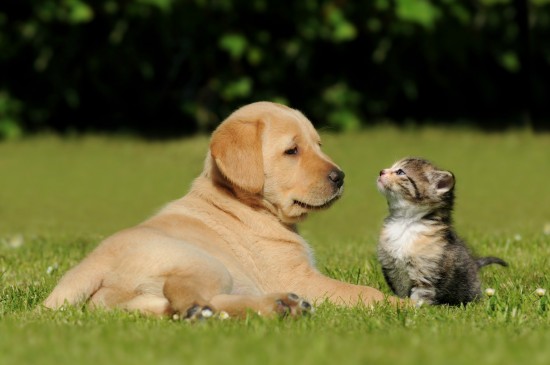
The best time to teach a dog about anything in order to promote good behaviour that they will retain throughout their lives is when they are young, and never is this more true than when introducing your puppy to cats!
If your puppy is coming into a home where cats already live or where you hope to have a cat in future, this is of course vital. But even if you do not own a cat of your own, it is important to teach your dog respect for cats and that it is absolutely not ok to chase them or hurt them.
In a multi-pet household of both dogs and cats, cats should have the upper hand, and while it is hoped that dog and cat can become friends and get on well, ultimately, the dog should have a healthy respect for the cat. Dogs are almost certainly exponentially more likely to be able to seriously harm the cat than the other way around, and training potentially dangerous behaviour out of your dog when young is vital to prevent this.
If you already have a resident cat, when you first bring your puppy home it is important to allow the puppy to settle in before meeting the cat, and also to ensure that the cat does not feel pushed out, threatened or unsafe around the puppy. It is unwise to get a puppy if you are not sure how your cat will react to dogs, or if they have never met a dog before, and if your cat has never lived with a dog, you should spend some time getting your cat used to safe, visiting dogs before getting a new canine resident.
Introducing the puppy to your cat when the puppy is as young as possible is the best way to teach your pup to respect your cat and not chase or be rowdy with them, and will also give your cat the best chance of getting the upper hand and feeling confident about putting the puppy in their place if needed!
You should always supervise your puppy and cat together, and ensure that your cat can retreat and get away from the puppy if they want to, and that the puppy is not able to pursue them. The pup should be taught not to chase, growl at or bark at the cat, and to back off when the cat tells them to, something that is not usually a problem!
It is also important to make sure that your cat does not terrorise your puppy! It is good for the puppy to respect the cat and pay attention when the cat gives them the signals to back off, but do not let your cat stalk or attack your puppy either, and particularly take care to avoid your cat scratching your puppy’s face or eyes.
If you get a puppy and a kitten at around the same time as each other and introduce them to each other on an equal footing, you will stand the best possible chance of ensuring that they can live together happily and potentially, will form a lifelong friendship and enjoy playing together. Be careful of inadvertent harm to the kitten if the puppy is much larger than them, and teach the puppy about playing with a smaller animal and how to ensure that they are not too rough and rowdy.
Then, sit back and enjoy the hours of entertainment that can come from watching a kitten and a puppy at play!
Even if your puppy or young dog is really well behaved with your own cat or when inside of the home, it can be a whole different story when they are outside. Within the home, dogs and puppies will generally come to think of the other people and animals present as part of their pack, and be friendly or at least tolerant towards them. However, outside of the home or with other cats, your dog or puppy may behave totally differently, and their chasing and hunting instincts might kick in, particularly if a strange cat enters the garden or a cat runs away from them.
Whether you have a cat at home or not, it is vital to get your puppy used to the idea of cats on the loose outside of the home, and that it is not ok to chase them, even if they run or are in your garden. This can be a challenge for some breeds such as sight hounds and other hunting dogs, as they have a strong inbuilt genetic predisposition to hunt and chase, but as with everything else, your best chance of managing and curbing this behaviour is when your dog is young, so don’t delay this aspect of training!
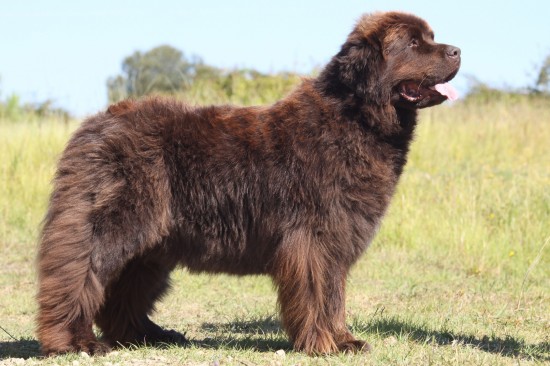 The Large And Lovely Newfoundland Dog
The Large And Lov
The Large And Lovely Newfoundland Dog
The Large And Lov
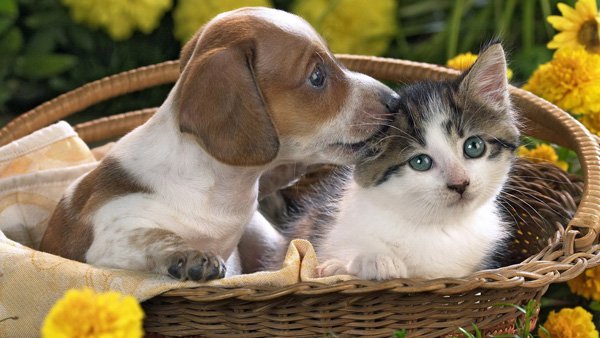 Importance of Collars and Harnesses
Importance of Collars and Harnesses
Mutts ador
Importance of Collars and Harnesses
Importance of Collars and Harnesses
Mutts ador
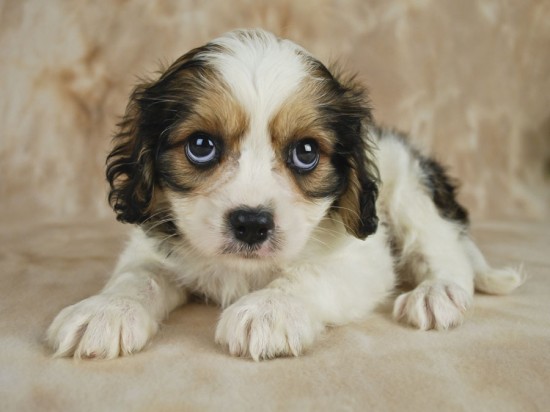 From Designer Clothes To Designer Dogs... Are We Gullible Or What?
From Designer Clo
From Designer Clothes To Designer Dogs... Are We Gullible Or What?
From Designer Clo
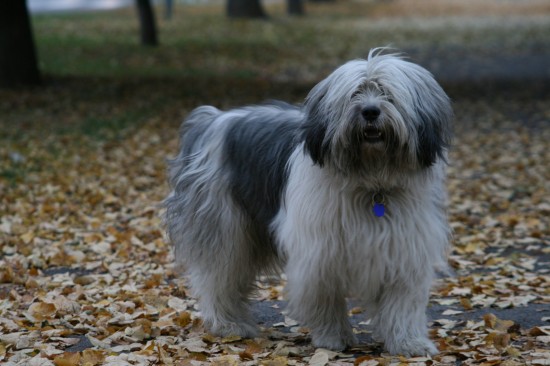 Owczarek Nizinny – The Friendly Polish Lowland Sheepdog
Owczarek Nizinny
Owczarek Nizinny – The Friendly Polish Lowland Sheepdog
Owczarek Nizinny
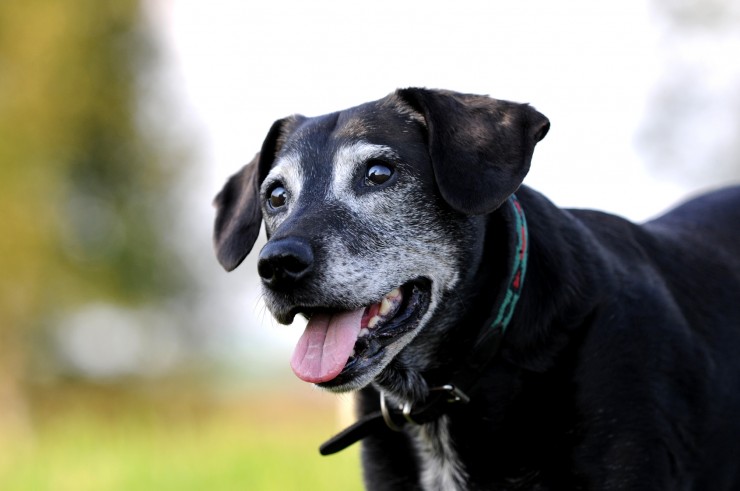 Ten Great Reasons For Adopting An Older Dog
Ten Great Reasons
Ten Great Reasons For Adopting An Older Dog
Ten Great Reasons
Copyright © 2005-2016 Pet Information All Rights Reserved
Contact us: www162date@outlook.com